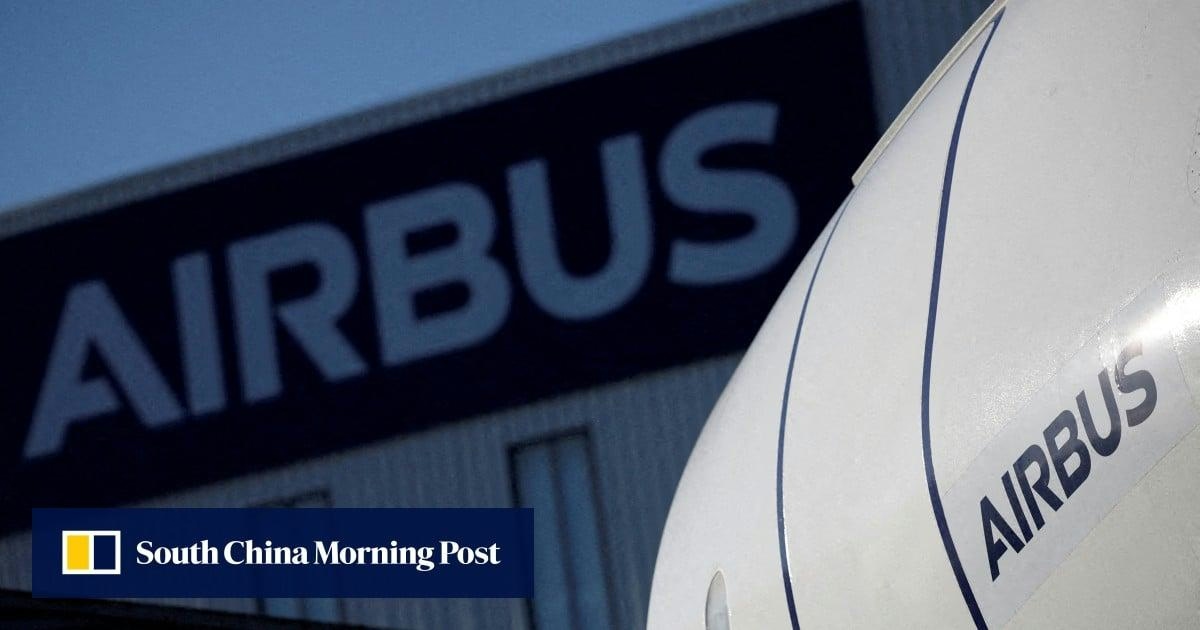
Smarter email, faster business.
Trending
Delta Air Lines Delays Airbus Deliveries Amid U.S. Tariffs
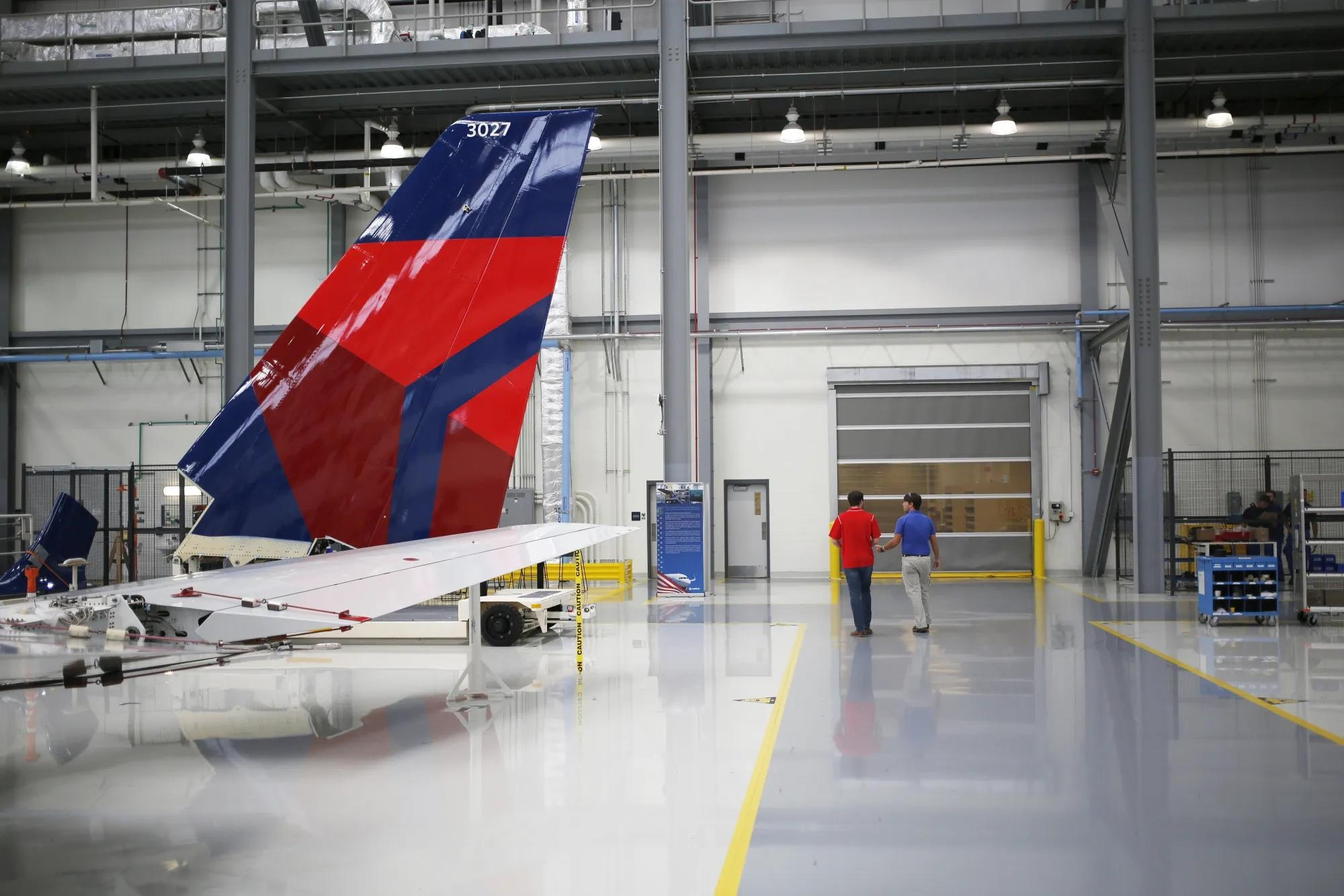
Delta Air Lines Delays Airbus Deliveries Amid U.S. Tariffs
Delta Air Lines, one of the largest carriers in the United States, has announced a postponement in the delivery of new Airbus aircraft following the imposition of U.S. tariffs on goods imported from the European Union and Canada. These tariffs, introduced under the Trump administration’s trade policies, have significantly increased the cost of acquiring Airbus jets, prompting Delta to reconsider its fleet expansion plans.
Impact of Tariffs on Fleet Expansion
The tariffs, which can add up to 20% to the price of each aircraft, directly affect Delta’s orders for Airbus planes manufactured in Europe and Canada. The airline currently has 15 Airbus A350-900s and 20 A350-1000s on order, with options for an additional 20 widebody jets intended to enhance its long-haul operations starting in 2026. Additionally, Delta has a backlog of 69 single-aisle Airbus A220-300s designated for its short-haul network.
Delta’s CEO, Ed Bastian, emphasized that the airline will not absorb the additional costs imposed by these tariffs. “We’re not going to pay tariffs on new planes,” Bastian stated, underscoring the company’s decision to defer deliveries until the financial environment becomes more favorable. As a result, the timeline for receiving these aircraft is now uncertain, with the possibility that some orders may face further delays or cancellations.
Broader Industry Implications
Delta’s decision to delay deliveries highlights the broader financial pressures confronting U.S. airlines. This move reflects not only the increased cost of aircraft but also a cautious approach amid weakening demand for air travel and rising operational expenses, including fuel and labor costs. By deferring new aircraft acquisitions, Delta aims to maintain financial stability while awaiting potential relief through trade negotiations or adjustments in Airbus’s production strategy.
Although Airbus operates a manufacturing facility in Mobile, Alabama, the tariffs still apply to many parts and components sourced from Europe and Canada, limiting Delta’s ability to avoid the additional costs. This situation places Delta at a competitive crossroads, as other carriers may also reconsider their aircraft procurement strategies in response to the tariffs. Should the trade dispute persist, other major airlines could follow Delta’s example, potentially reshaping fleet planning across the industry.
Navigating an Uncertain Future
The ongoing trade tensions add complexity to an industry already grappling with the lingering effects of the global pandemic. Airlines face mounting pressure to balance operational efficiency with financial prudence, making decisions about fleet renewal increasingly consequential. The risk of elevated operational costs poses a significant challenge for Delta, and the repercussions may influence how airlines across the sector approach future aircraft acquisitions.
As Delta and its competitors navigate these challenges, their strategic responses are likely to set important precedents for adapting to a rapidly evolving global economic environment. The aviation industry will be closely watching how airlines weigh the costs and benefits of fleet expansion amid an uncertain trade landscape.
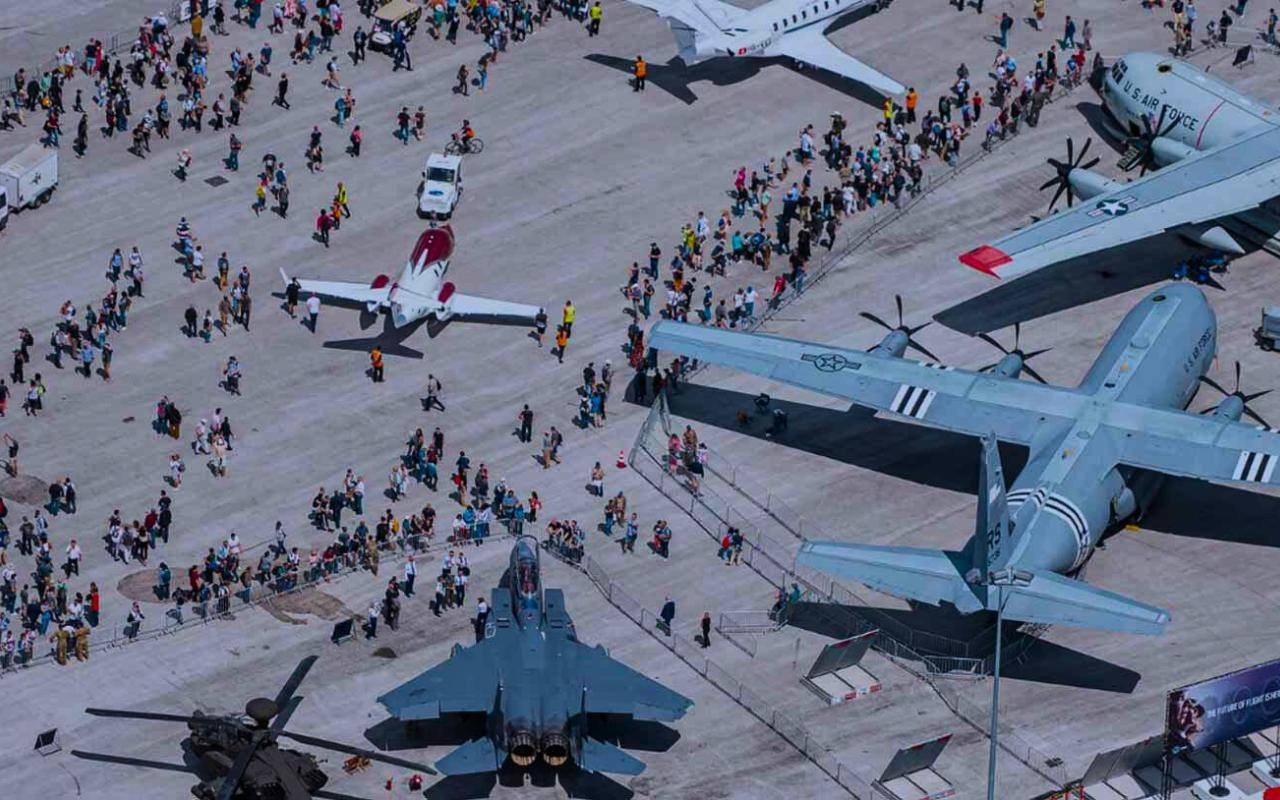
Dubai Airshow 2025 Reveals Main Agenda and Activities
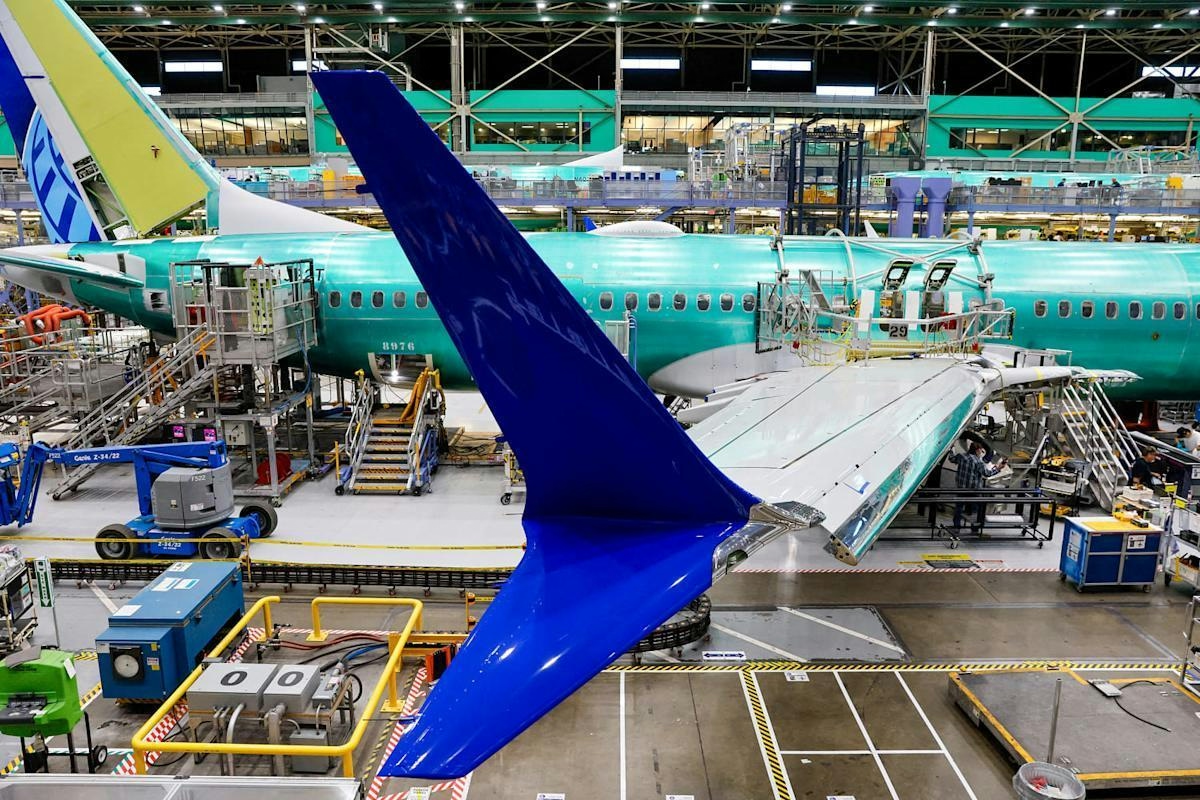
Willis Lease Finance: A Strategic Play in Aviation Leasing Amid Near-Term Volatility
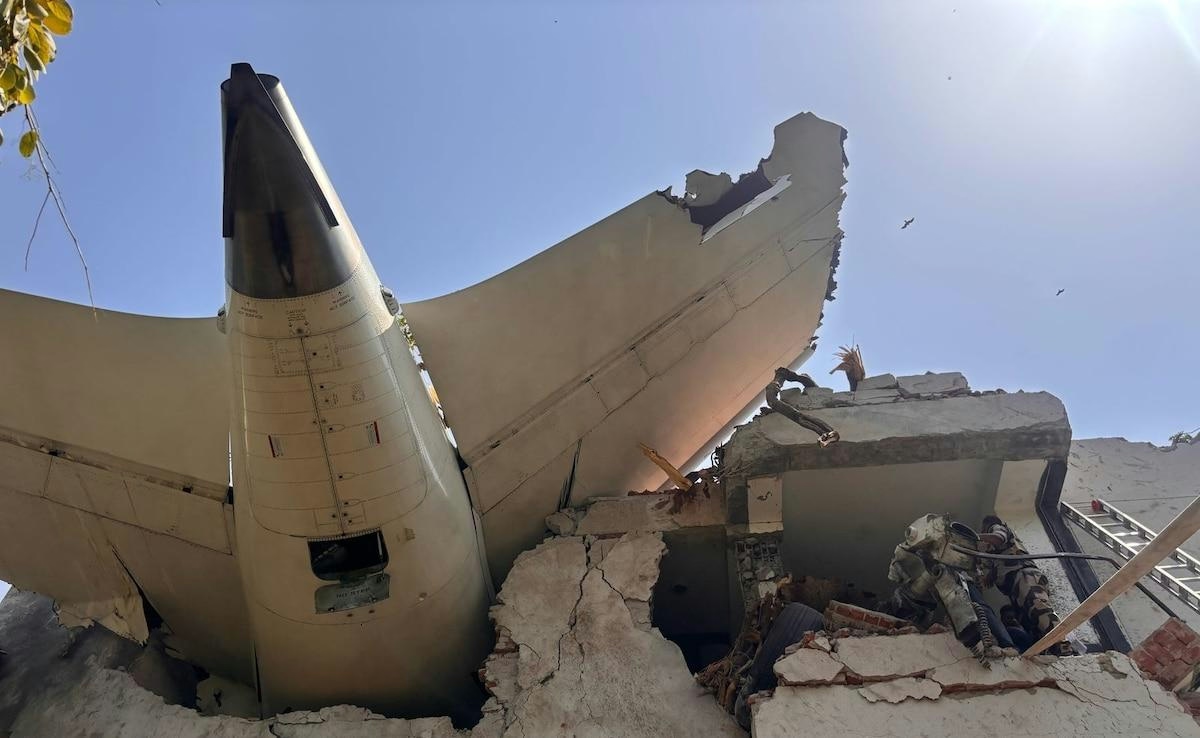
AI-Generated Content Spreads Misinformation After Air India Crash
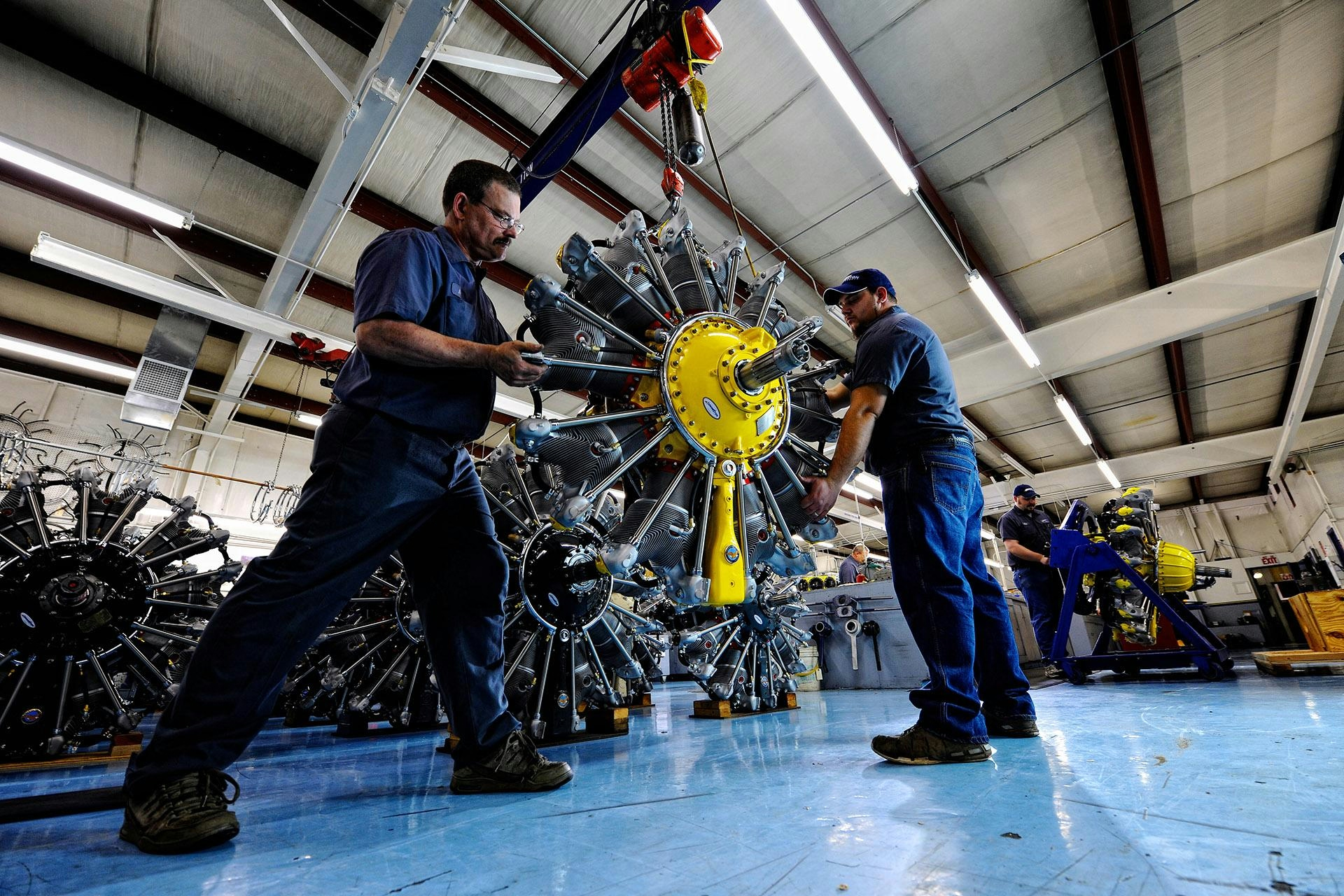
Covington Aircraft Engines to End Radial Engine Production in 2025
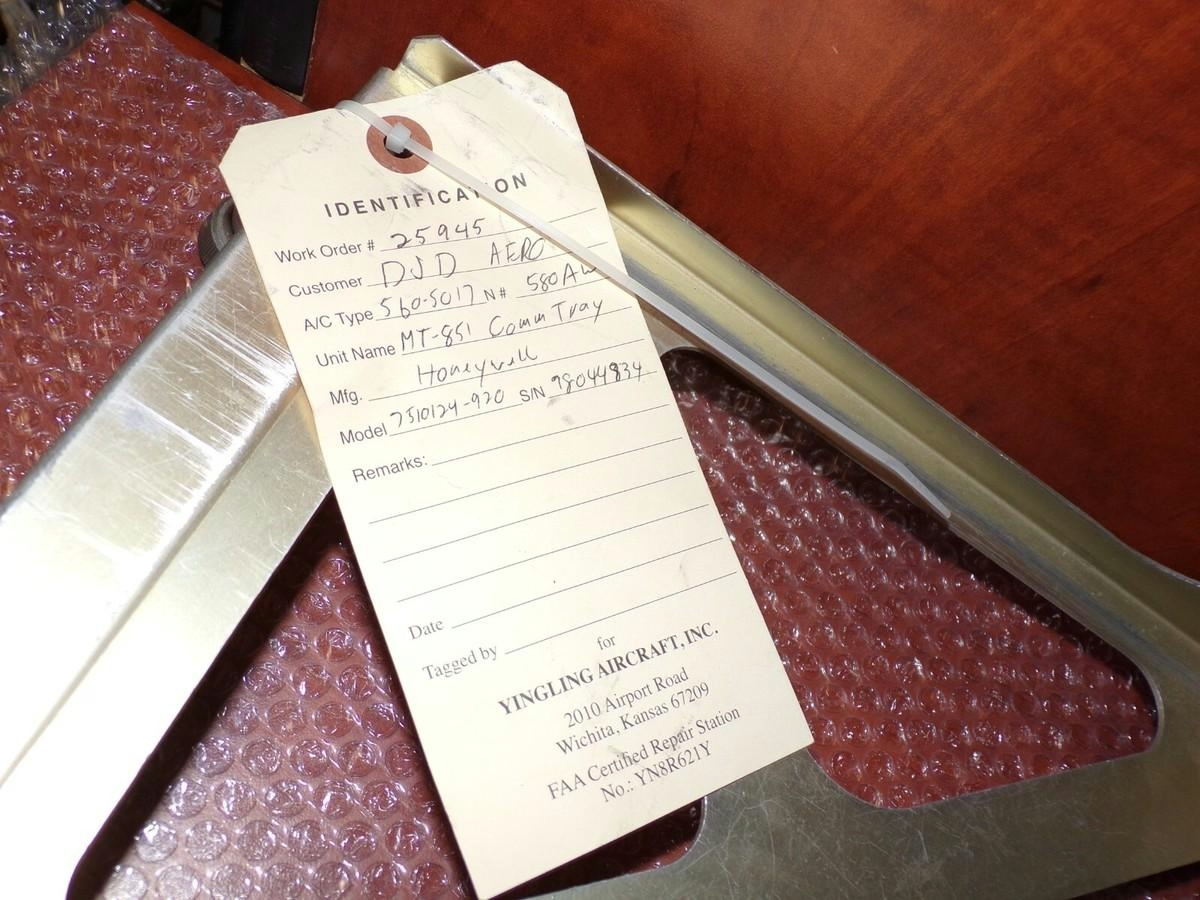
Yingling Aviation Named Authorized Honeywell Dealer
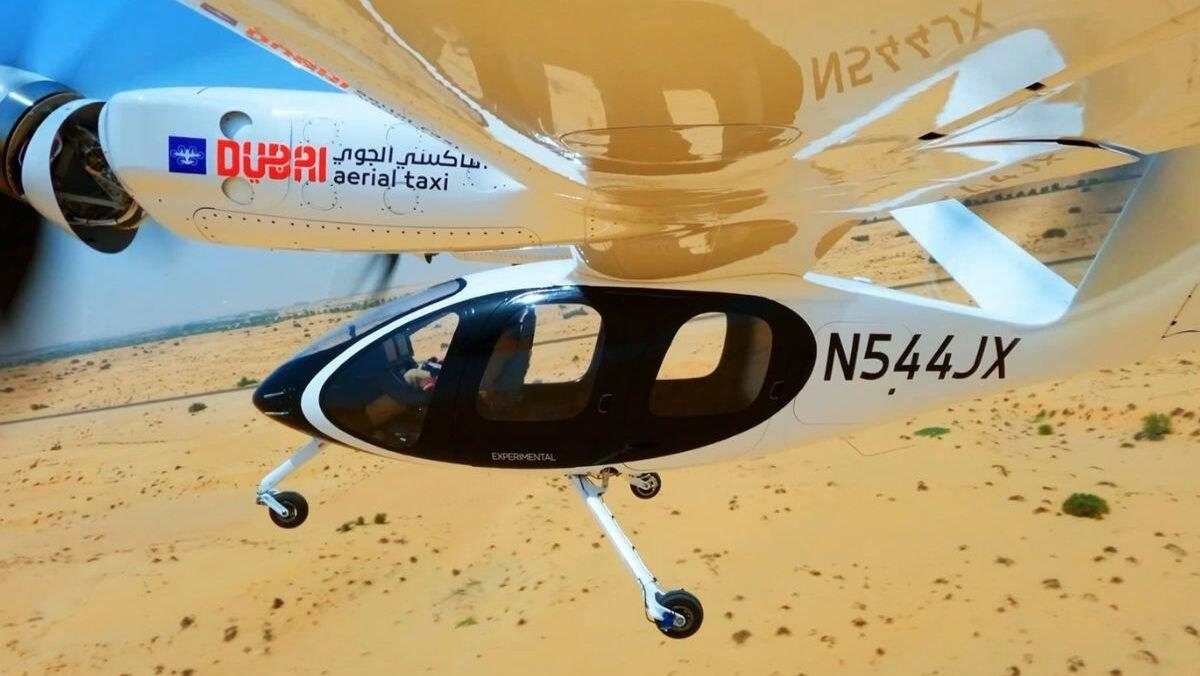
Does Joby Aviation's Milestone in Dubai Point Toward Further Growth?
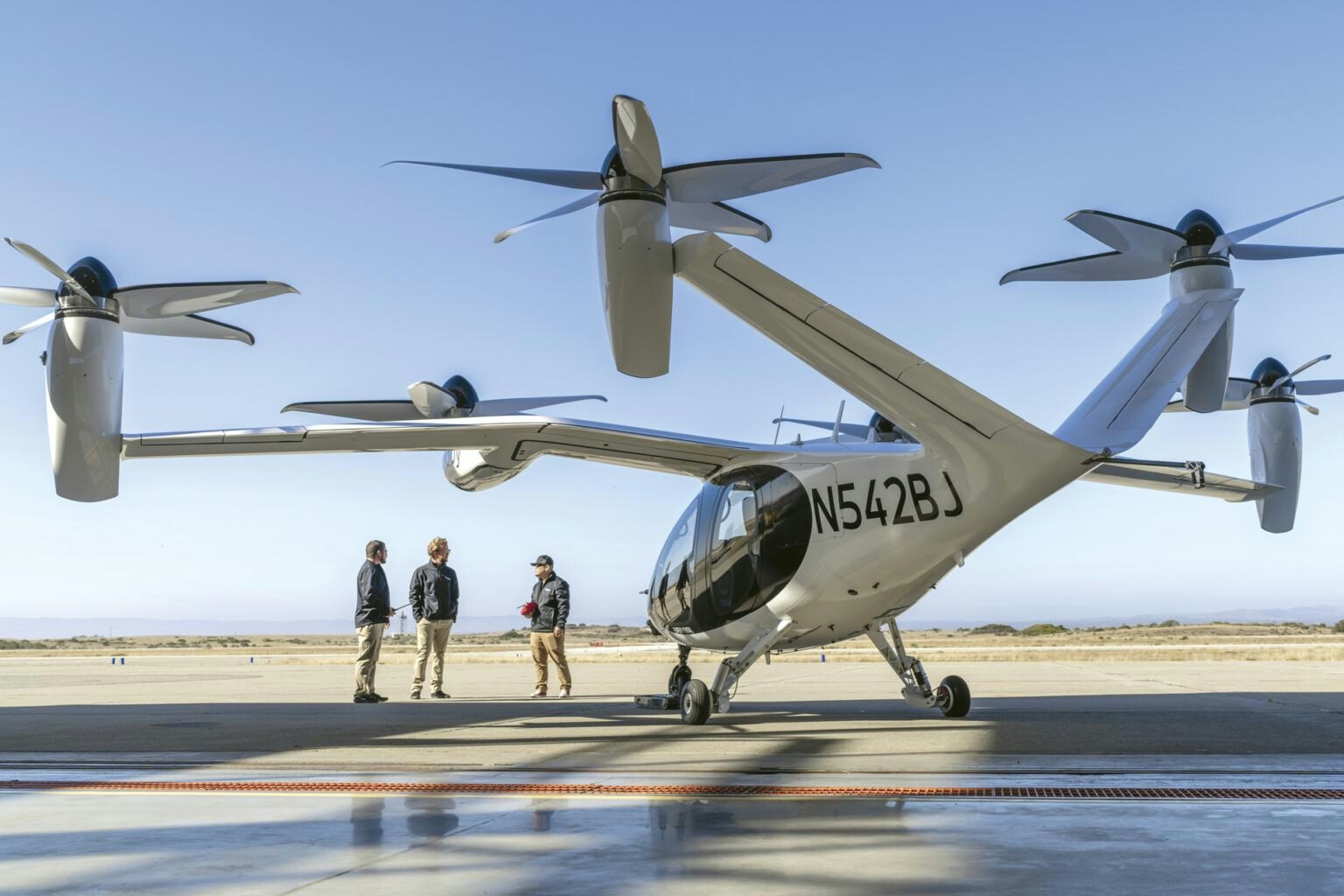
New Invention Promises to Eliminate Airplane Emissions in Country
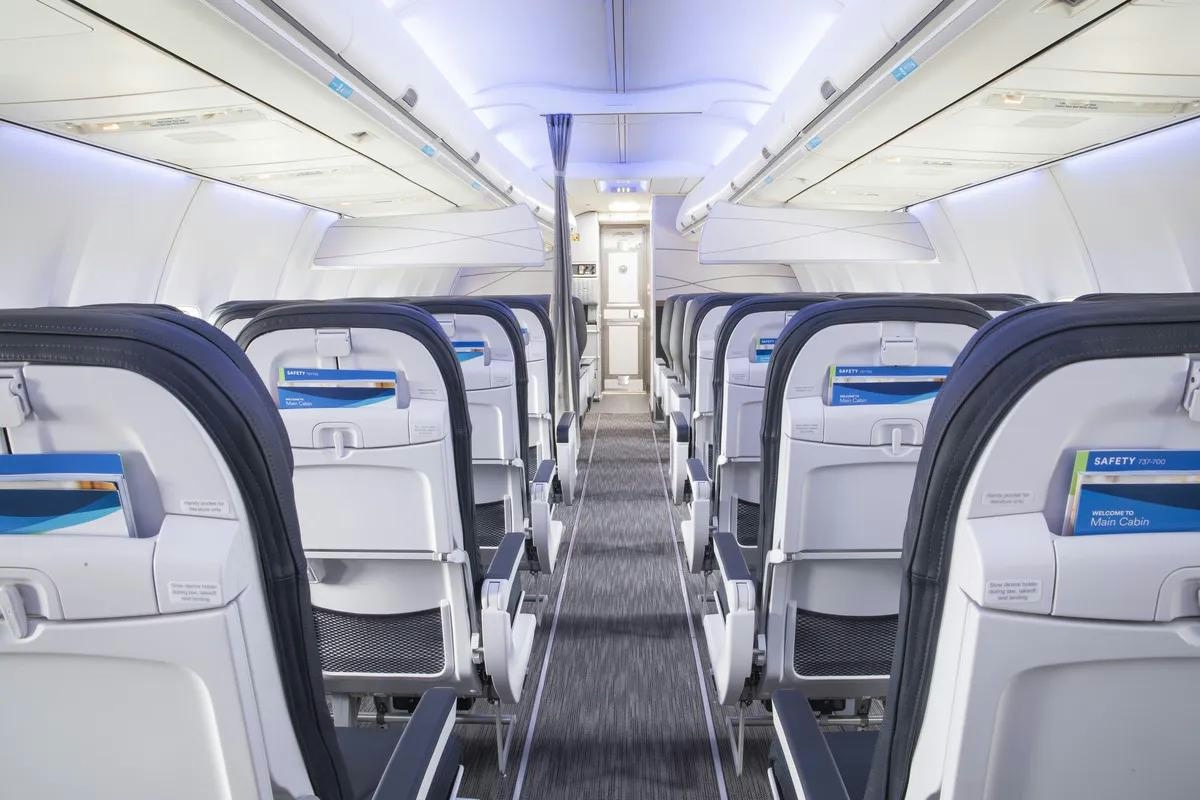
Key Questions on Chinese Travel, AI, and Airlines Answered by Skift
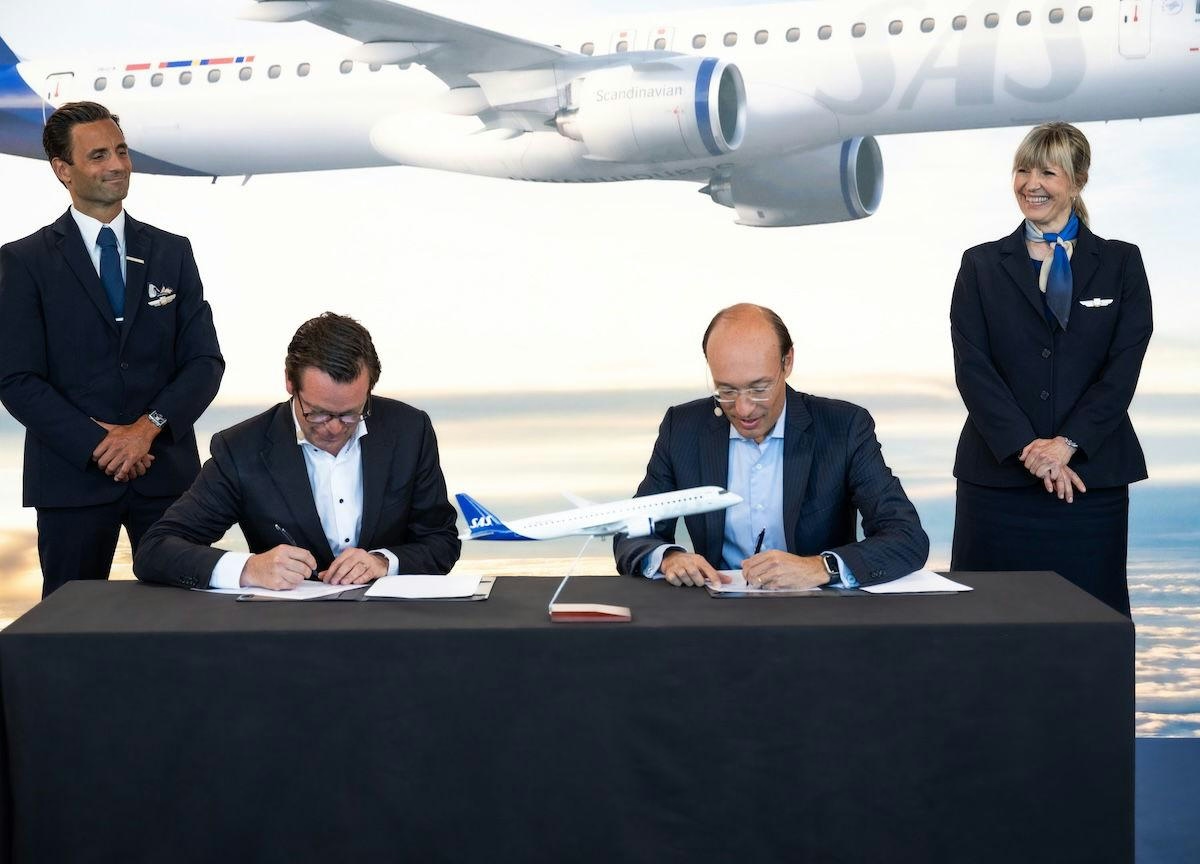
SAS Orders Up to 55 Embraer E195-E2 Jets
